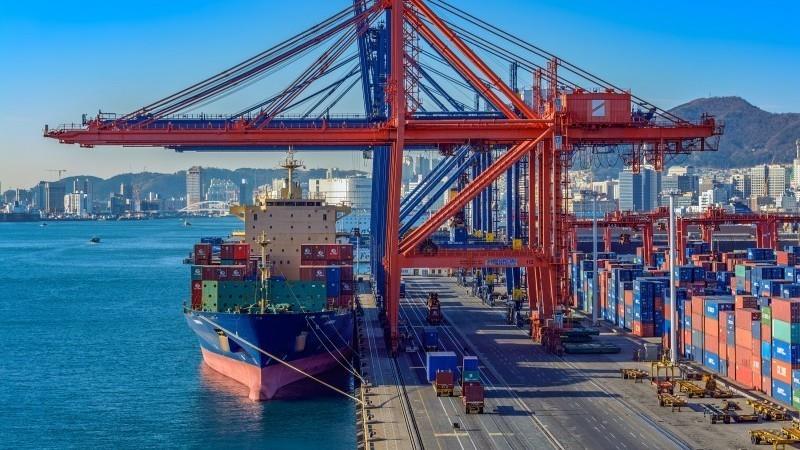
Global Trade: Respite But No Relief
Tentative signs of a truce in the trade tensions between the US and China have given hope that the period of excitement and volatility in global trade is over and a more normal period will begin. It would be too good to be true. In fact, what looks like some relief at first glance will only be respite. Tensions in global trade will remain and could rather re-escalate. Clearly, trade is increasingly becoming a geopolitical instrument.
US and China agree on 'soybeans for fentanyl tariffs' dealThe recently announced trade agreement between the US and China will bring some relief, as it signals at least a willingness on the part of the two largest global players to compromise. However, the facts of the agreement are less impressive than the label“12 out of 10” that US President Trump gave it.
The agreement suspended rare-earth export controls and committed China to substantial soybean purchases: 12 million tons in late 2025 and 25 million tons annually through 2028. In return, the US will reduce fentanyl-related tariffs by 10 percentage points and delay new export restrictions for one year. In short:“soybeans for fentanyl tariffs”. This agreement still leaves China with a US tariff rate of more than 40%, and doubts about compliance could arise quickly. This means the accord will offer respite rather than relief, and the risk of new tensions remains high.
US Supreme Court rulingThe start of the US Supreme Court's hearing on parts of the administration's tariffs could bring back new expectations about more trade relief. Predicting how the Supreme Court will rule remains difficult, as there is only one legal precedent. Judging from betting markets, there currently is more than a 60% chance that the court will reject Trump's tariffs. However, a rejection would not mean that the era of tariffs is over. Instead, the US government will use other laws to impose new tariffs, focusing on sectoral ones, which in turn could particularly harm the pharmaceutical and automotive industries in Europe.
Tariffs have become a geopolitical instrumentThe Nexperia chip crisis exposed Europe's structural dependence on Chinese mid-tech components, with German carmakers warning of production halts. This is not only a German issue but a broader European one, as rare earth imports to the EU are four times higher than to the US. And while Europe is struggling to walk the walk on previous talks of strategic autonomy, the US and Australia signed an agreement on joint efforts to exploit rare earth reserves in Australia.

Legal Disclaimer:
MENAFN provides the
information “as is” without warranty of any kind. We do not accept
any responsibility or liability for the accuracy, content, images,
videos, licenses, completeness, legality, or reliability of the information
contained in this article. If you have any complaints or copyright
issues related to this article, kindly contact the provider above.


















Comments
No comment